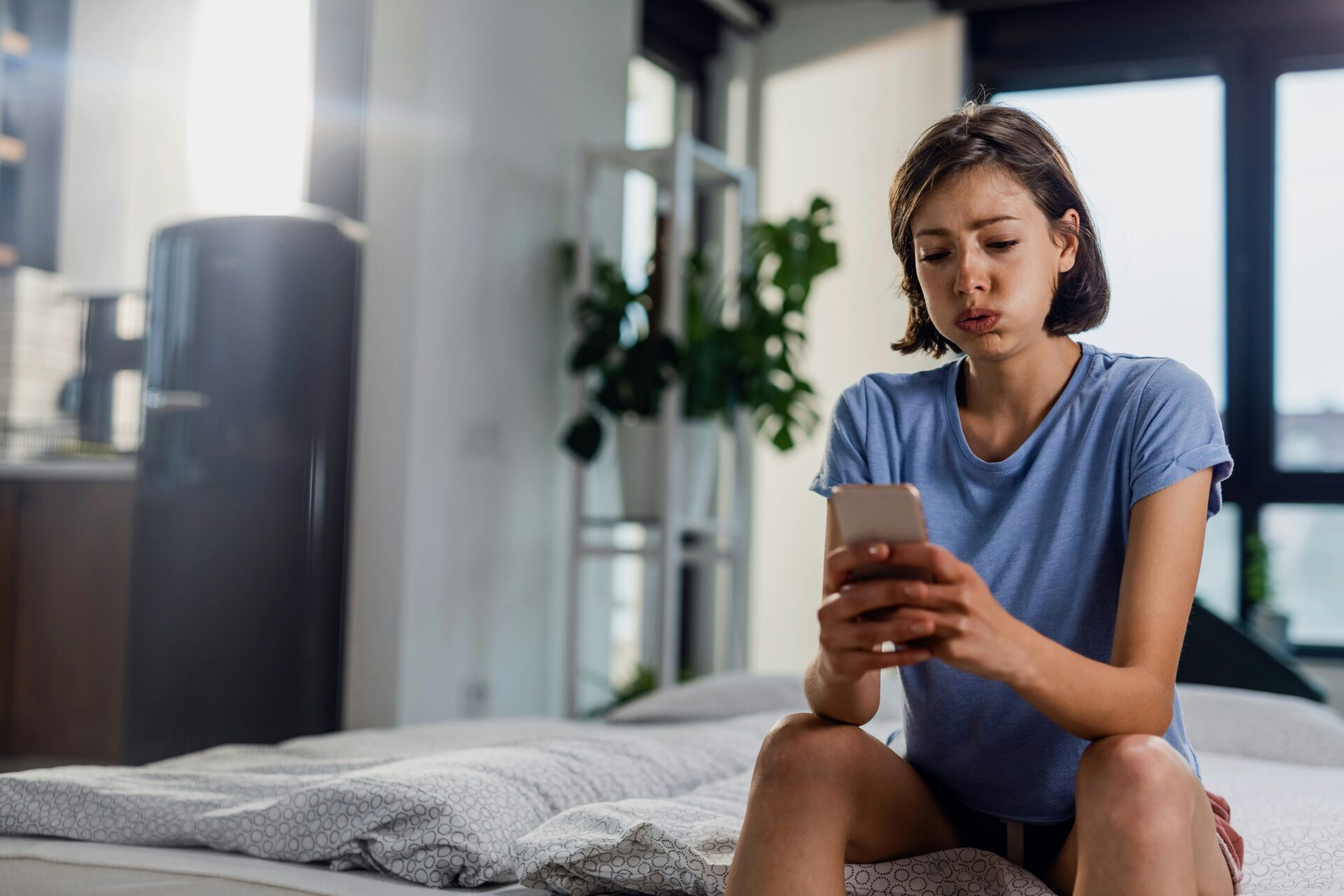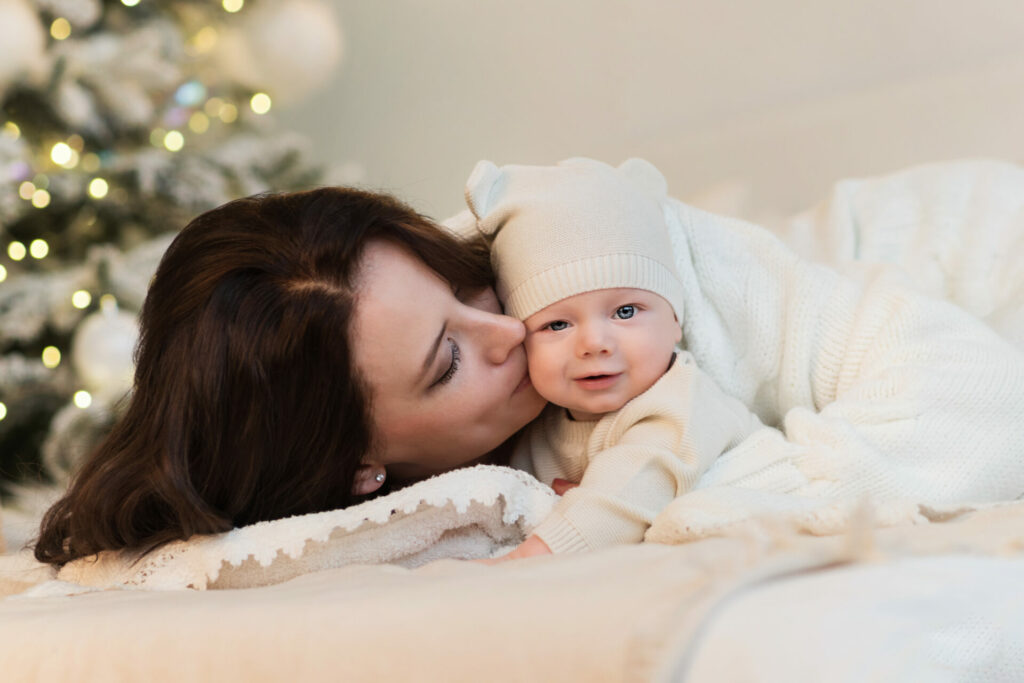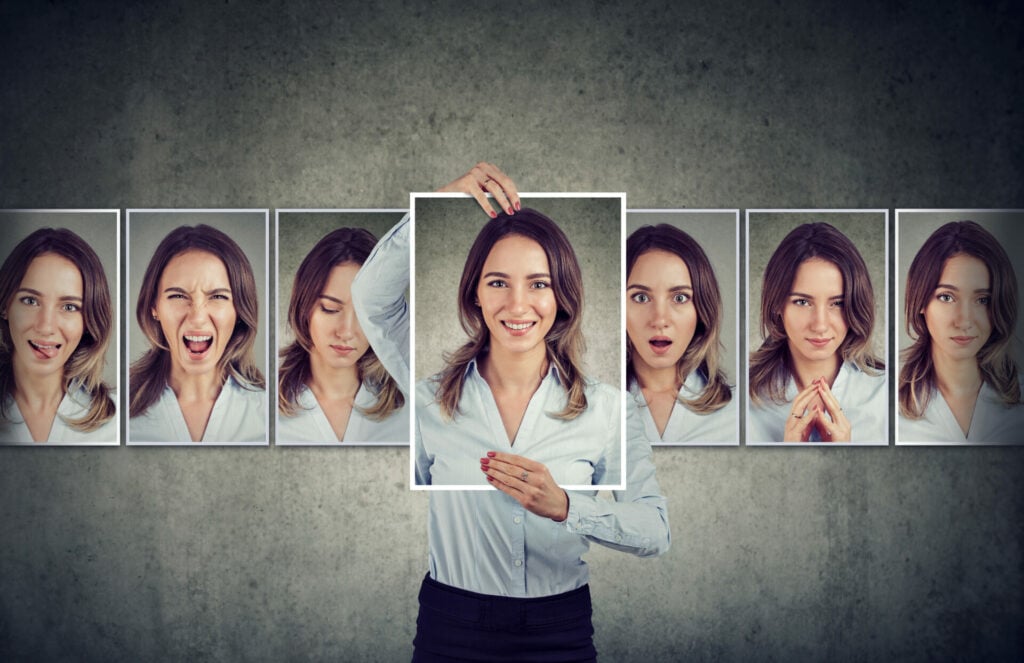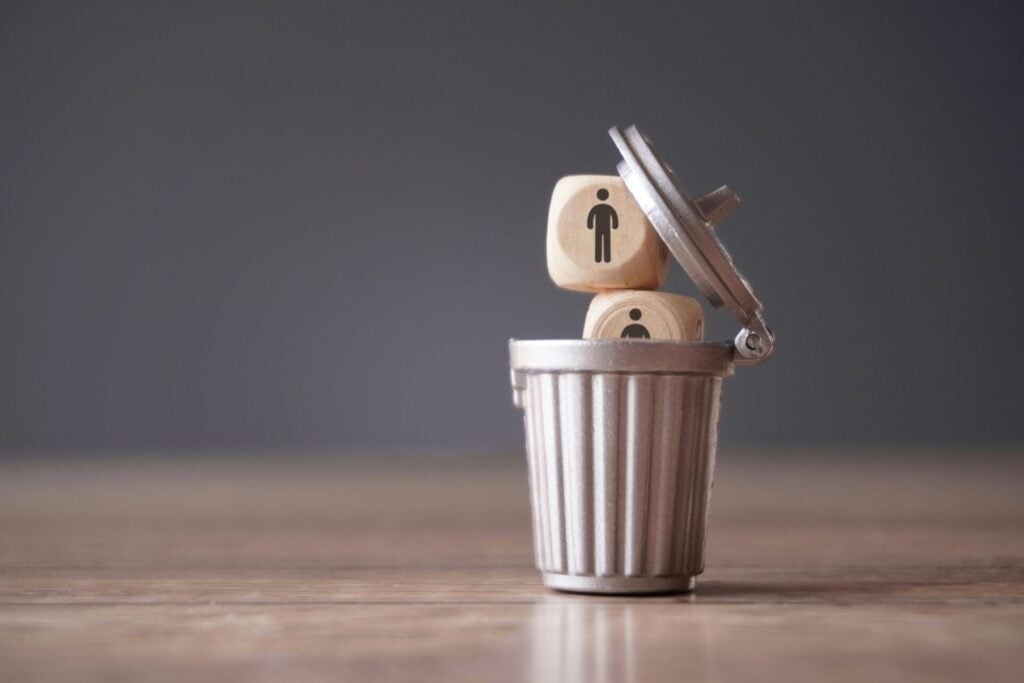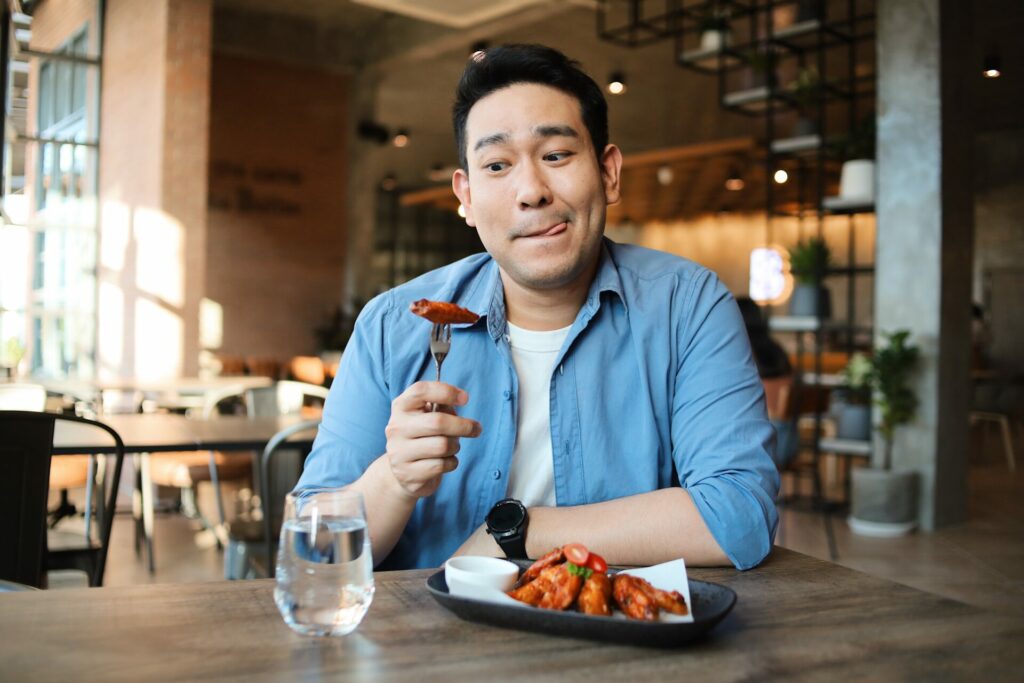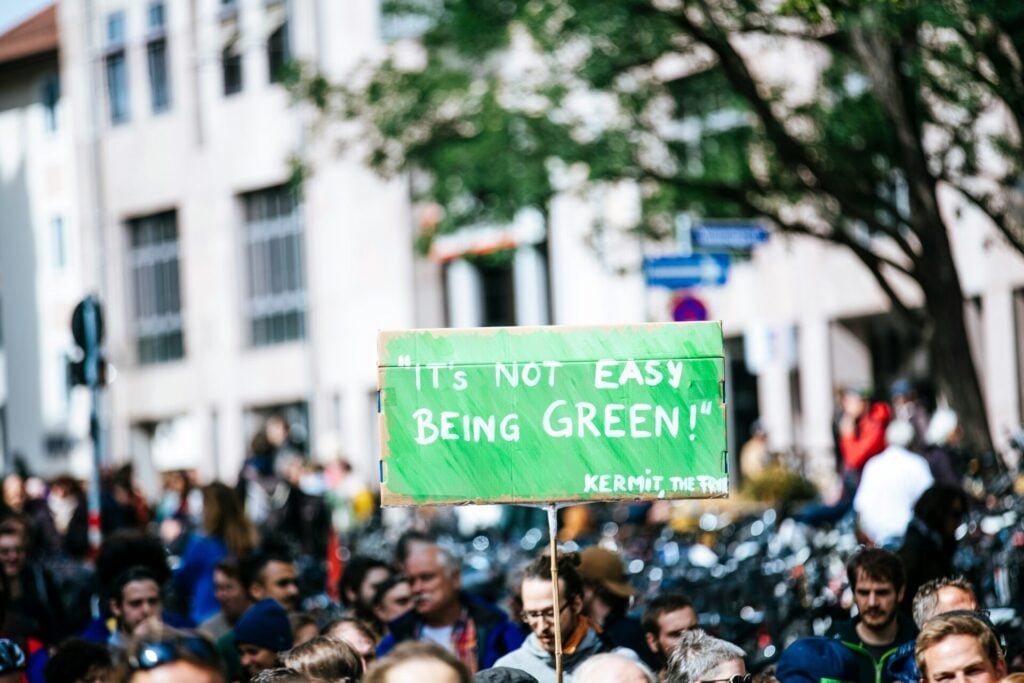You find yourself staring at the wedding invitation on your fridge, secured by a small magnet of the Burj al Arab. It’s been there for a few months now, reminding you politely to ‘save the date’. Well, that date is almost here and as much as you love the happy couple and are flattered they’ve asked you to be part of their special day, the whole idea makes your palms sweat. All those people. All that small talk. All the expectation, the tick-the-boxes, the etiquette…If this sounds familiar, you’re not alone. These are classic signs of social anxiety—a quiet but powerful force bubbling beneath the surface for many.
Or, do you ever drop your kids off at school and think, ‘sunglasses ON.’ It’s not that you want to be rude. You like lots of the faces you see. But it’s overwhelming. All the ‘good mornings’ and ‘how’s things?’ It’s a miracle you got your kids to school with both shoes on, never mind stopping to exchange half term adventures.
After a home-cooked three course meal at her best friend’s house, Bella flopped onto the sofa and couldn’t resist kicking off her shoes and scrolling through her phone, mindlessly. This is her way of switching off, her best attempt to shut the world out after an intense, tiring experience. Nothing bad happened at the dinner party. In fact, Bella used to love these events and knows she was invited because she’s good at ‘both the small talk and the big talk’, to use her best friend’s exact words.

But Bella disagrees. She is terrified of how she comes across in a social situation. She analyses every detail. Overthinks anything that passes her lips in conversation. These insecurities have manifested over recent years. Since Covid, to be more precise. Bella is just one of millions who have emerged from social distancing and quarantine struggling to interact in social settings that aren’t virtual.
‘I thought they’d go away once we started to get used to the New Normal, and then back to normal. But honestly, it’s just getting worse.” Bella admits she spends too much time comparing herself to others online and this results in feeling inadequate around people in real life. ‘I get anxiety at the thought of socialising…all the time.’
Don’t we all have social anxiety?
Roughly 15 million Americans are living with social anxiety to a varying degree. It’s common to get butterflies before speaking at an event or asking somebody out on a date. Your heart rate increases, your tummy might do a few flips. However, some people may experience panic from simply ordering a coffee.
Dr Kevin Chapman, a licensed clinical psychologist and the founder and director of the Kentucky Center for Anxiety and Related Disorders, says, ‘Social anxiety is a fear of social situations…Worrying about how others will perceive you is natural. Social anxiety disorder, on the other hand, is a persistent fear of social settings. Often, this gets in the way of daily activities. For example, someone with social anxiety disorder may avoid going to the grocery store, gym or even calling people on the phone.’

While it’s normal to feel nervous being interviewed or performing in public, most people can still get through the situation or event without much trouble; there is a realistic view on any consequences. If you have social anxiety disorder, your worries go deep, and you might dread that presentation or wedding for days, weeks or even months leading up to it.
How can we spot signs of social anxiety?
Social anxiety is commonly driven by the belief that other people hold very high expectations of you. Then, you believe you have to match this standard (and in truth, you don’t). You might feel similar to Bella. Or maybe you know somebody with these symptoms:
- Constant negative self-evaluation and negative beliefs about oneself and social situations
- Avoidance of socialising and interpersonal interactions, over-analysing any social event
- Blushing, trembling, sweating, nausea, elevated heart rate, dizziness, and muscle tension
- Fear of judgement or criticism
- Wellbeing and quality of life is impacted; avoidance of relationships, dropping out of school, turning down work opportunities, or stopping hobbies and other interests.
How to beat it
Identify your triggers – What sparks this anxiety? For some, it could be large gatherings, while for others, it might be public speaking. Keep a journal of your feelings and the situations that make you uncomfortable.
Take small steps – Skip the self-checkout and challenge yourself to make small talk with the cashier. Raise your hand in class to ask a question. Compliment a co-worker’s outfit. Host a very small gathering for a couple of besties – socialising in your own space can boost confidence.
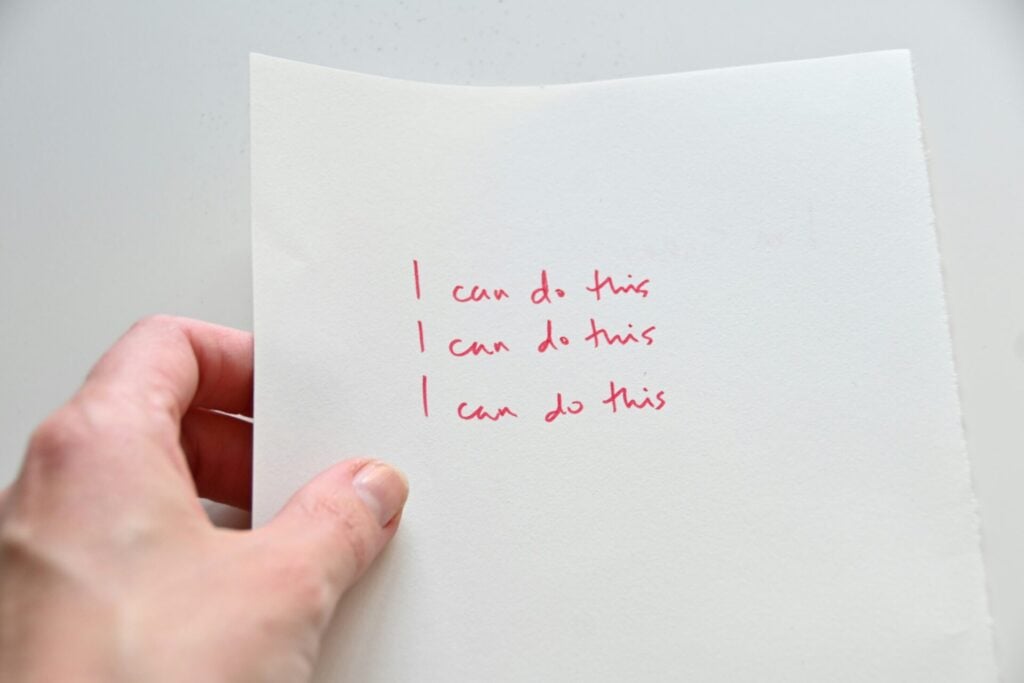
Practice public speaking – You’re not alone. Public speaking is a common fear, even for those without social anxiety. So take time to practice in front of a mirror, then build on speaking to a small group of trusted friends. Terrifying? Start small. The more you do it, the more comfortable it will become.
Shift focus from yourself to others – Often, social anxiety is driven by a fear of being judged. We may become hyper-focused on ourselves. So try to concentrate on the conversation you’re in and the people around you. Ask questions. Show genuine interest in the responses. This shift can reduce feelings of self-consciousness and ease social anxiety.
And give yourself some credit!
We are all flawed. That loud extrovert you feel intimidated by could also be suffering from their own version of social anxiety. Embrace you, whether it’s shy, timid, silly. It’s all part of who you are. Also, while it’s important to challenge your social anxiety, it’s also fine to say, No. You can stay home. You can cry. Listen to your gut and believe that you’re bigger than the anxiety within.
If you’re still struggling, an extra helping hand might be what you need. Seek help from a mental health professional if your fear of social situations is stopping you from living the life you want to live. Their help will allow you to overcome this hurdle and soon, social situations won’t be so scary. They might even be…fun.

